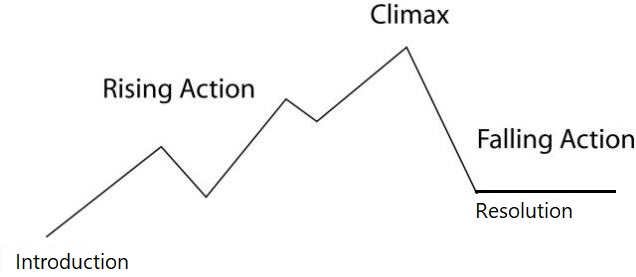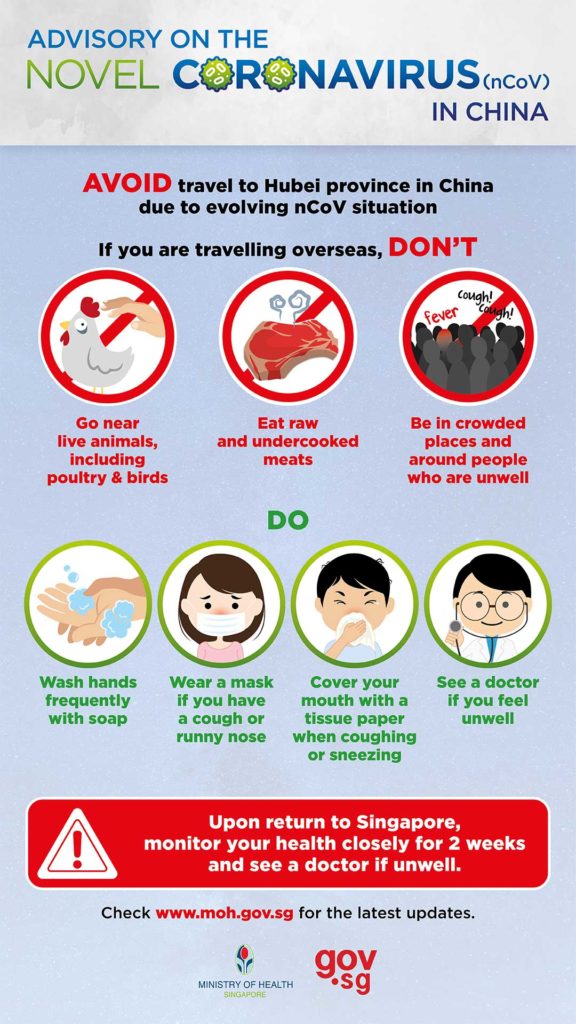Overwhelmed by Writing Tasks in Secondary 2?
All through English lessons/tests/examinations in primary school you’ve been writing narratives (stories), but at secondary school, a new and potentially daunting text type is introduced – the expository essay (which encompasses discursive and argumentative essays). And while you enjoyed a shorter word limit in primary school, the expected word count is almost double in secondary school.
Five tips to help you write great English expository essays

Are these some of the woes you’ve faced in lower secondary?
Writing can be a scary affair, especially under time constraints and finding yourself at a loss for ideas.
Here are some tips to help you overcome these bouts of panic.
1. “Take first 5” to plan
This means taking 5 minutes to plan your essay (narrative, expository). This step is frequently omitted, and less competent writers suffer when they dive right into the essay without planning. If it is a narrative, think through your entire story by plotting the storyline on a plot curve (see image below), ensuring you have a build-up of events (Rising Action) and a gripping/exciting climax. If it is an expository essay, plan 3 main points (that are distinct, i.e. do not overlap) and ensure you have convincing examples, e.g. anecdotes, statistics, news reports. Doing all this will save you the agony of being stuck and going back to the start, especially when you are under time constraint.

2. Amplify on the given information (Situational Writing)
This could mean paraphrasing (using your own words) and asking“WHY” and “HOW” questions to help you expand on given information in the stimulus. To make your letter/proposal/etc. stand out, you need to introduce novel information. Check out the writing samples below, and see how asking these critical questions makes a difference.

Original write-up:
The Ministry of Health (MOH) Singapore has advised Singaporeans to wash their hands frequently with soap, wear a mask if they have a cough or runny nose, cover their mouth with a tissue paper when coughing or sneezing, and see a doctor is they feel unwell.
What’s wrong?
1. It has not added new information to the given.
2. It has not been paraphrased in the least.
3. Language proficiency is not evident and so will be marked down
Improved write-up:
The Ministry of Health (MOH) Singapore has advised Singaporeans to observe good personal hygiene by washing their hands regularly with soap and using a tissue paper to cover their mouth when coughing or sneezing. For example, we should wash our hands before and after meals, or after we have been out in a public place. [HOW] Using a tissue paper when coughing or sneezing helps to contain the germs so that it does not get onto our hands and thus onto other surfaces or others’ hands which we might contact. [WHY]
Legend:
1. Words in bold: new information
2. Underlined words: paraphrase, own words
3. Use signposting (for expository essays)
This involves signalling clearly to your reader what you are about to address in the next sentence/paragraph, keeping your essay structured and organised. Some examples are as follow, based on the different parts of an expository essay. They are not meant to be exhaustive.
| Part of essay | Signposts/Stems |
| Introduction | Thesis statement: – I believe that there are advantages like… and disadvantages like… [discursive] – I believe that social media is unhealthy for students because… [argumentative] |
| Body Paragraph | – For example, Research has shown that – As a result, Therefore, In view of |
| Rebuttal (only for argumentative essays) | – Introducing opposing argument: While some may argue/believe that, While there are instances where, – Countering the opposing argument: However, this may not be true…, However, this claim is weak because… |
| Conclusion | Taking the above points into consideration, Considering the above arguments |
4. Vary your vocabulary (especially for narrative / descriptive essays)
Use a wide range of vocabulary, adding precise verbs (v.) and adjectives (adj.). See how you can enhance plain vocabulary to make your writing more vivid and interesting.
E.g. Singaporeans (1) are so worried (2) about the bad (3) situation that they have started buying lots (4) of groceries from supermarkets.
– Tons of Singaporeans (1) are so gripped by fear (adj.) (2) about the terrible/unpredictable (adj.) (3) situation that they have wiped out (v.) (4) several groceries from supermarkets. / swept (v.) supermarket shelves clean (4) of groceries.
5. “Take last 5” to edit/proof read
Try not to write all the way to the last minute so that you leave yourself time to check your writing. This is also often neglected, so essays are left with careless grammatical mistakes and worse, illogical ideas. All because students do not edit their work. Leave the last 3 to 5 minutes for you to weed out unnecessary language mistakes.
These are habits you should consistently adopt, believing that your skills will develop over time. Try them and see which ones work for you! Come back to Teacher Evelyn/Rachael to let them know. Or, if you’d like more details about some tips in particular, do sound us out!
Image sources:
https://sdwriters.wordpress.com/2011/06/18/how-to-frustrate-your-character-in-every-scene/
https://www.primarycarepages.sg/Pages/News/2020/First-Confirmed-Case-of-2019-Novel-Coronavirus-(2019-nCoV)-in-Singapore-and-Clarifications-to-MOH-Circular-122020.aspx
Check the other articles from this section
- Tackling the Situational Essay: Using persuasive speech techniques
- How to write a good Situational Essay: Analyse, Amplify and Apply the appropriate tone
- Lower secondary Writing Series 1 – E01: How to analyse essay questions
- Lower secondary Writing Series 1 – E02: Narrative writing (or how to write good essays)
- Lower secondary Writing Series 1 – E02: Narrative writing practice
- Lower secondary Writing Series 1 – E03: Expository writing
- Lower secondary Writing Series 1 – E04: Hybrid writing
- Taking the Leap from Primary to Secondary English with Confidence!
- Secondary English Paper 1 components: Diagnosing your strengths and weaknesses
- Lower secondary Writing Series 1 – E05: Avoiding writing pitfalls
- Narrative Writing: Tips and Tricks
- From primary to secondary English: What’s new and challenging?
- Post-Exam Reality Check in 3Rs
- Tackling the Situational Essay (Part 3): Making Your Feature Article an Engaging Read
- Discursive essay: Writing a well-developed body Paragraph
- 3 tips for tackling the summary Question
- A Sneak Preview of the Secondary English Writing in the Sec 2 class
- Secondary 2 English – Editing through clue-finding
- Secondary 1 English: An introduction on how to create interesting characters
Don’t Miss Any Future Post!
2024 Bukit Timah Branch Secondary English Tuition Timetable
| Level | Class Type | Day | Time |
|---|---|---|---|
| S1 | All Components Class | SAT | 5 pm to 7 pm |

